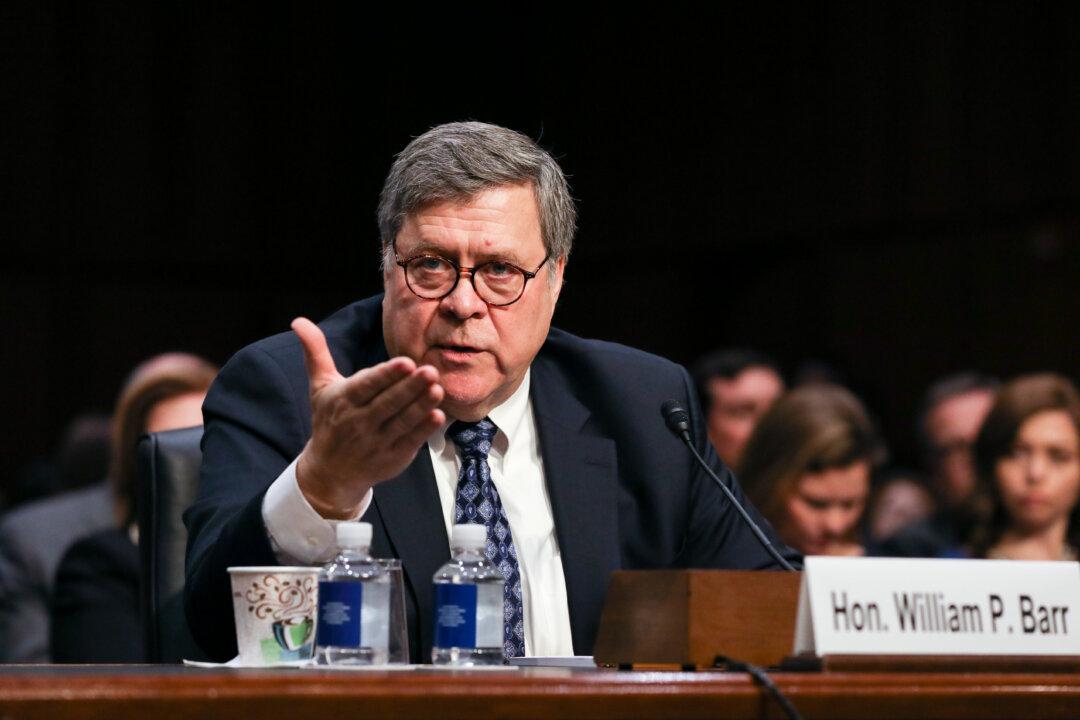The Senate Judiciary Committee has approved President Donald Trump’s pick for attorney general, William Barr, on Feb. 7. His nomination now heads to the full Senate, where Barr is expected to be confirmed.

Attorney General nominee William Barr testifies on the first day of his confirmation hearing in front of the Senate Judiciary Committee at the Capitol in Washington on Jan. 15, 2019. Charlotte Cuthbertson/The Epoch Times
Janita Kan
Writer
|Updated:



